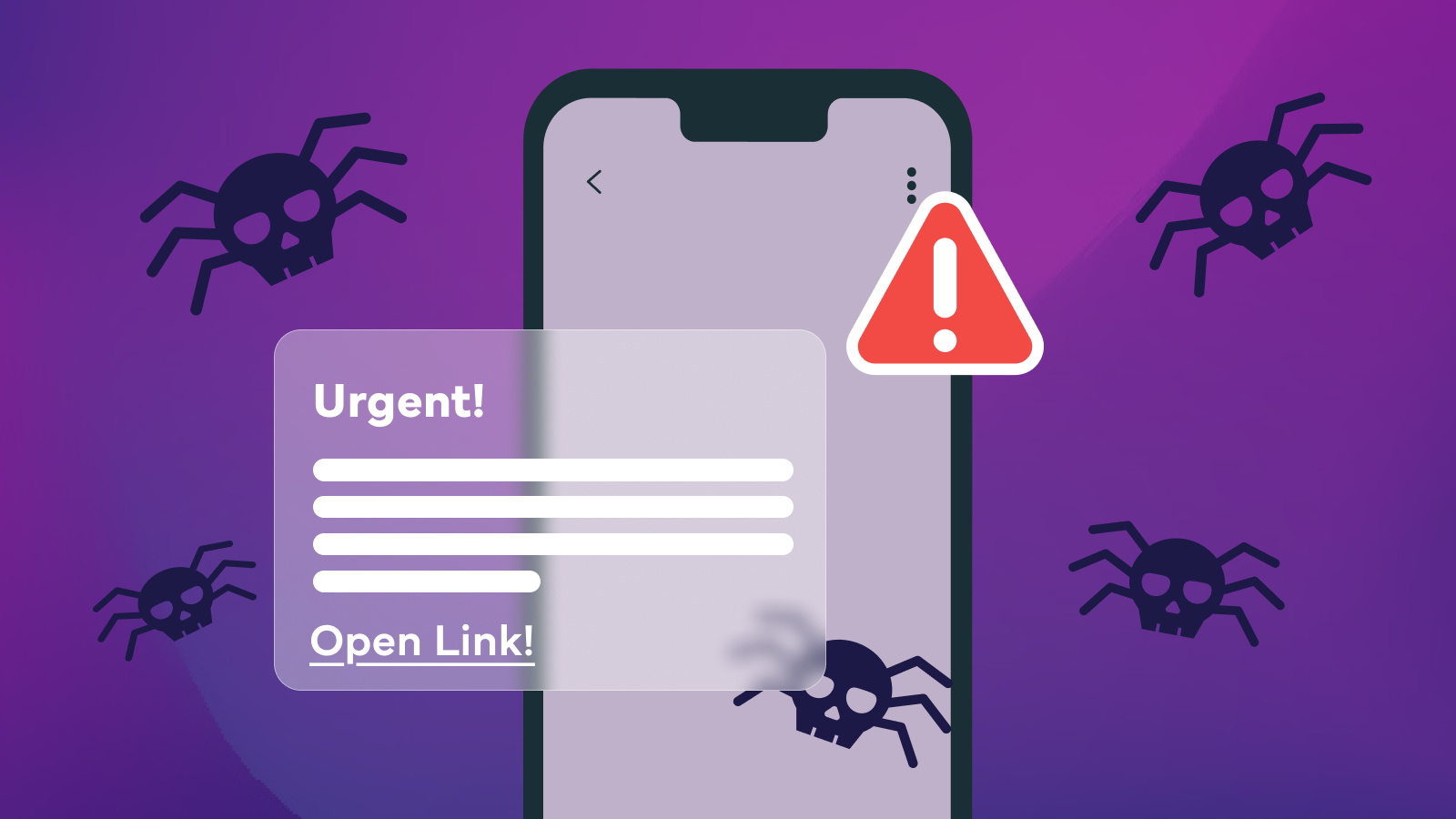Did you know that cyber crimes are significantly under-reported in Australia?
In its 2023 Cyber Threat Report, the Australian Cyber Security Centre (ACSC) recorded almost 94,000 reports of cyber crime — a 23% increase from the previous year.
And yet, because of under-reporting, the ACSC thinks this is just the tip of the iceberg of dangerous cyber activity occurring.
Why report a scam or cyber crime?
If you see a dodgy email pop up in your email inbox, many people might just hit delete. In fact, in recent Cyber Wardens research, 1 in 5 small businesses admitted they had done it before.
While some people might feel confident in spotting a scam, it doesn’t mean everyone has the knowledge or capacity to do so. This means that a suspicious link can go from lurking in someone’s messages to accidentally being clicked on and unfurling into something much more devastating.
When we report suspected scams or cyber crimes with the right people and agencies, it helps to ensure the threats can be investigated and blocked.
According to an Australian Institute of Criminology (AIC) report, the top two reasons people didn’t report cyber crimes were because they “dealt with it themselves” and thought it wasn’t “serious enough” to report.
The same AIC report identified that small business owners were among the top victims of cyber crimes, especially compared to big businesses.
With cyber attacks on the rise, we need to be looking out for fellow small businesses and preventing them from becoming the next victim. One of the best ways to do this is to report a cyber crime or scam when you see it — no matter how big or small.
Who do I report a scam or cyber crime to?
If you have been a victim of a cyber crime and you are facing immediate harm, please call 000.
If you are not in immediate danger and think your small business has been a victim of a cyber crime, head to ReportCyber. During the process, you’ll identify the impact of the crime, the industry you work in, and reporting obligations.
After you register an incident with ReportCyber, you can monitor its status on their website.
To get ahead of cyber criminals you can report scams to the National Anti-Scam Centre (Scamwatch), even if you haven’t been directly affected.
By reporting to Scamwatch, it helps stop scammers in their tracks, protect other people and businesses, and identify emerging trends and threats.
Immediate steps to take if you have been targeted
Prevention is the best protection against cyber crime, but we can’t always stop cyber crime before it happens.
If you have suffered a digital break-in, follow these simple steps straight away:
- Notify your bank: The faster you get in touch with your bank, the higher the chance your funds will be recovered. Make sure you contact your bank through legitimate channels, like a phone number on their website, and ensure your accounts are being monitored for suspicious activities.
- Stop all contact with the scammer: Do not communicate with them on any platform or transfer any funds.
- Protect your accounts: If you think your account has been breached, change all your passwords and passphrases and make sure multi-factor authentication is turned on. The rest of your colleagues should do the same for people working in a team.
- Get help: Reach out to cyber specialists or follow the resources available on ReportCyber to recover from a cyber attack.






























